Mental health & the environment: how we’re managing eco-anxiety right now
Anyone who cares about the environment has probably heard the same pieces of advice: Get reusable products! Skip single-use plastic! Walk more! (And if you’re a regular reader of this blog, you’ve seen those exact words here.) But we can have the best reusable coffee mug, the most plastic-free bathroom, and barely ever use a car— and still feel at a loss of how to truly make a positive difference. Enter: eco-anxiety.
What is eco-anxiety?
In 2017, the American Psychological Association first defined eco-anxiety as “a chronic fear of environmental doom.” And if you’re feeling stressed about climate change and the environment — you’re not alone. According to a 2018 national survey, about 70% of people in the U.S. are worried about climate change, and about 50% feel “helpless.”
It makes sense: massive heat waves are happening all over the world, 32,000 species are threatened with extinction, and we’re living through a global pandemic amid rising racial tensions. It’s a lot to process.
While all of us handle feelings of stress in different ways and there’s no magical solution for eco-anxiety, we hope you find it helpful to see what helps some of our team members. Maybe you’ll get some helpful tips, or maybe you’ll realize you’re not only the only one struggling to deal with more plastic waste during the quarantine. Either way, you’re not alone and whatever you’re feeling is very valid.
Here’s how some of our team members are managing their eco-anxiety
Katie Y
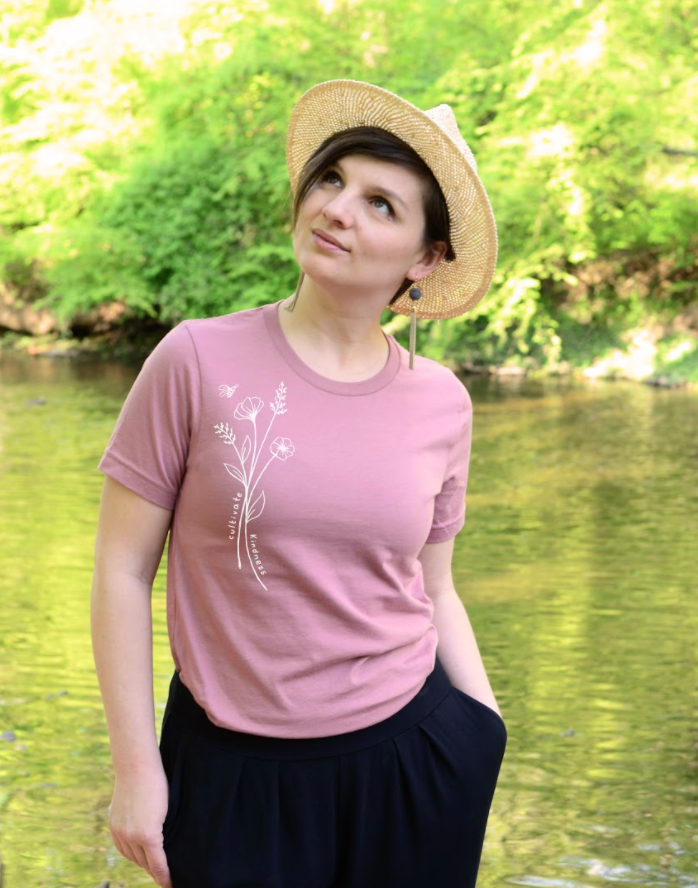
“Leave the world better than you found it.” This is a quote that I often think of when making decisions that can impact our environment.
Every day, we’re exposed to more and more information about things that contribute to climate change. Often it feels as though there isn’t much we can do about it. Or worse, we realize that we are contributing to the problem. Both of these realizations lead to feelings of disappointment and powerlessness. But instead of giving in to them, I find that taking small steps is vital to create change. For example, our family has been really focused on reducing what goes into our trash bin.
In fact, at the time of our weekly trash pick up, we do a small celebration of how little went into the trash!
Here are other changes we’ve made:
- Composting our food scraps
- Avoiding products that have unnecessary plastic wrapping
- Educating ourselves on various types of plastic and which ones can be put into our recycling bins and which one needs to be dropped off a designated drop-off site
- Investing in compostable snack bags & reusable water bottles
All of our small steps required planning and re-adjusting, but it eventually became the norm for us. And now, we’ll pass it on to the next generation, our friends who are open to making changes, and even our parents. Because when you know better, you do better — and we are excited to be a part of the solution.
Marika P
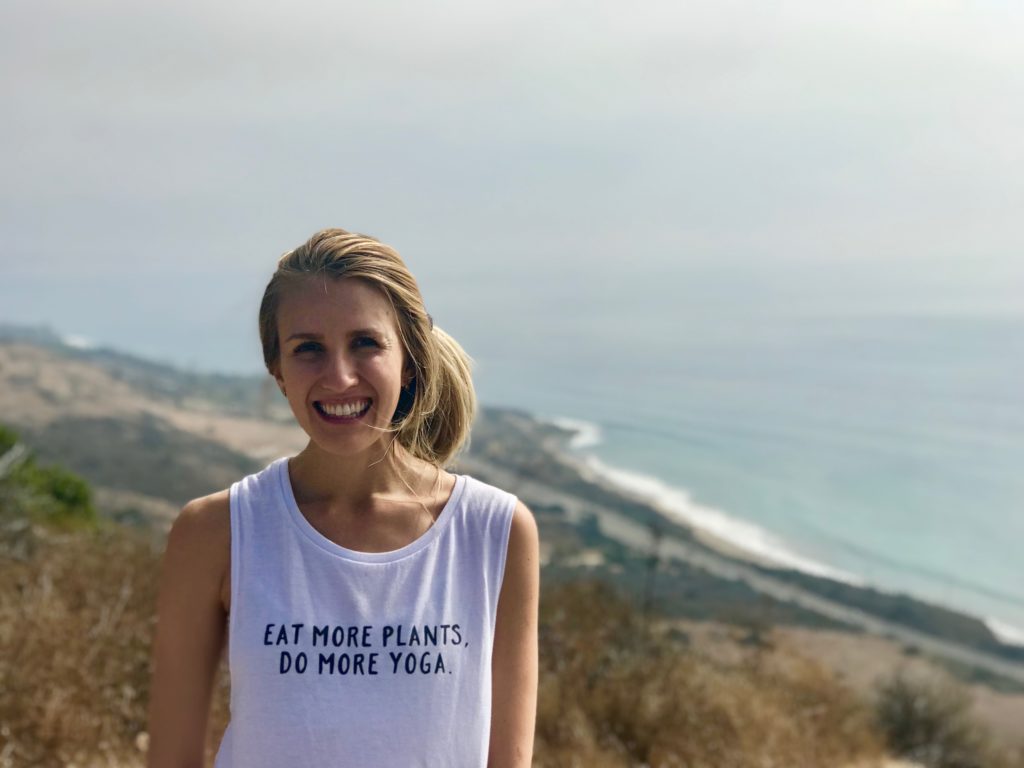
Especially recently during the quarantine, my eco-anxiety levels have soared. I went from being a reusable-tote-carrying, bamboo-straw-using, happy meal-prepper… to ordering takeout and grocery delivery in single-use plastic packaging every week (😭). Even though I was determined to not let the pandemic interfere with my zero-waste goals, I struggled to keep up with some of the standards I set for myself. But rather than talk about how inadequate I felt and how scared I was for the future, I kept it all pent up inside. Not productive!
As soon as I started communicating my concerns with my family and reconnecting with nature through hikes & long walks — I suddenly felt empowered to DO SOMETHING and not just have the same defeating conversations with myself in my head. Turned out, talking with my loved ones about these important issues also helped me find solutions to some of my concerns. Now, I’m a proud composter (I know I’m late to the game!). I use Stasher bags instead of plastic ziplocks (thanks, sis!). And I’m taking walks even just around the block every day, which helps quiet my racing thoughts.
All this to say, I’m being gentler with myself on this journey while still moving forward. Do I still feel powerless when I see the fires in my home state of California? Absolutely. Are plastic bags still giving me pangs of guilt? Certainly. But I find myself feeling more motivated to make other eco-conscious changes –and really stick with them! — now that I’ve reconnected with nature and others with similar values.
Ps, need a friend to chat about your own experience with eco-anxiety? Feel free to email me at [email protected]. I’m here for you!
Amy G
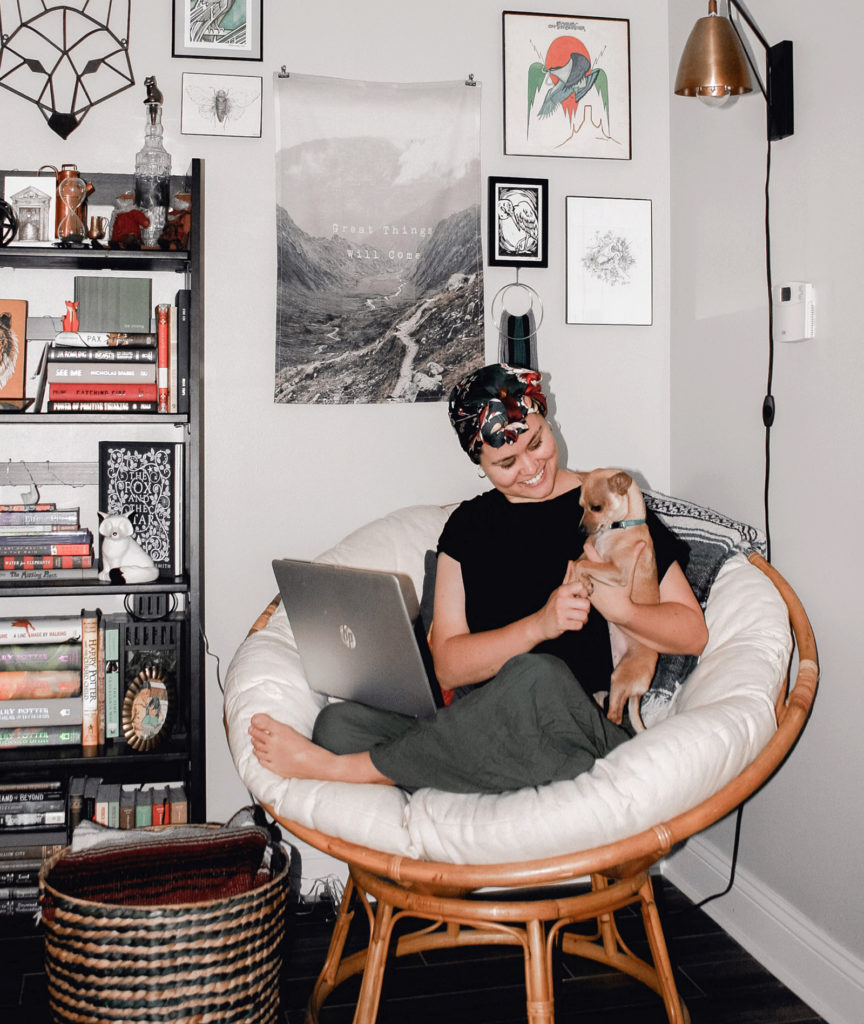
As someone who has anxiety triggers on the norm, developing eco-anxieties was no surprise. When I first started my journey towards lowering my waste and being more conscientious of my purchases and eco-footprint, I found myself more stressed than satisfied with my efforts. My biggest stress factor was (and still is) reducing plastic and single-use waste.
Unfortunately, where I live, there are very few “low-waste” shopping experiences. Though many of our grocery stores have adopted bulk buying (hooray!) — only one allows you to bring your own reusable containers. There is just so much plastic and general waste involved in shopping! When I shop, I do my best to source needed products in as little packaging as possible and try to purchase the items that are packaged in paperboard versus plastic whenever possible. I then recycle or reuse as much of the packaging as I can. Knowing I can at least be responsible for recycling and reusing my waste helps me feel a little better about my current situation.
My key advice (for myself and for others) is to recognize what you can change. Starting with easy changes within your everyday life is a great way to not overwhelm yourself and feel more in control. And it is crucial to remember that you don’t have to be perfect in your eco-mindful journey; even the small changes have big impacts.
Another stress major factor I have that revolves around eco-anxiety is feeling my efforts at being eco-conscious are negated by people around me. What helps me stay strong is volunteering with clean-up crews around town or meeting up with like-minded friends who can help me find joy and purpose in my efforts once again.
Read more: All the ways to reduce stress with your diet

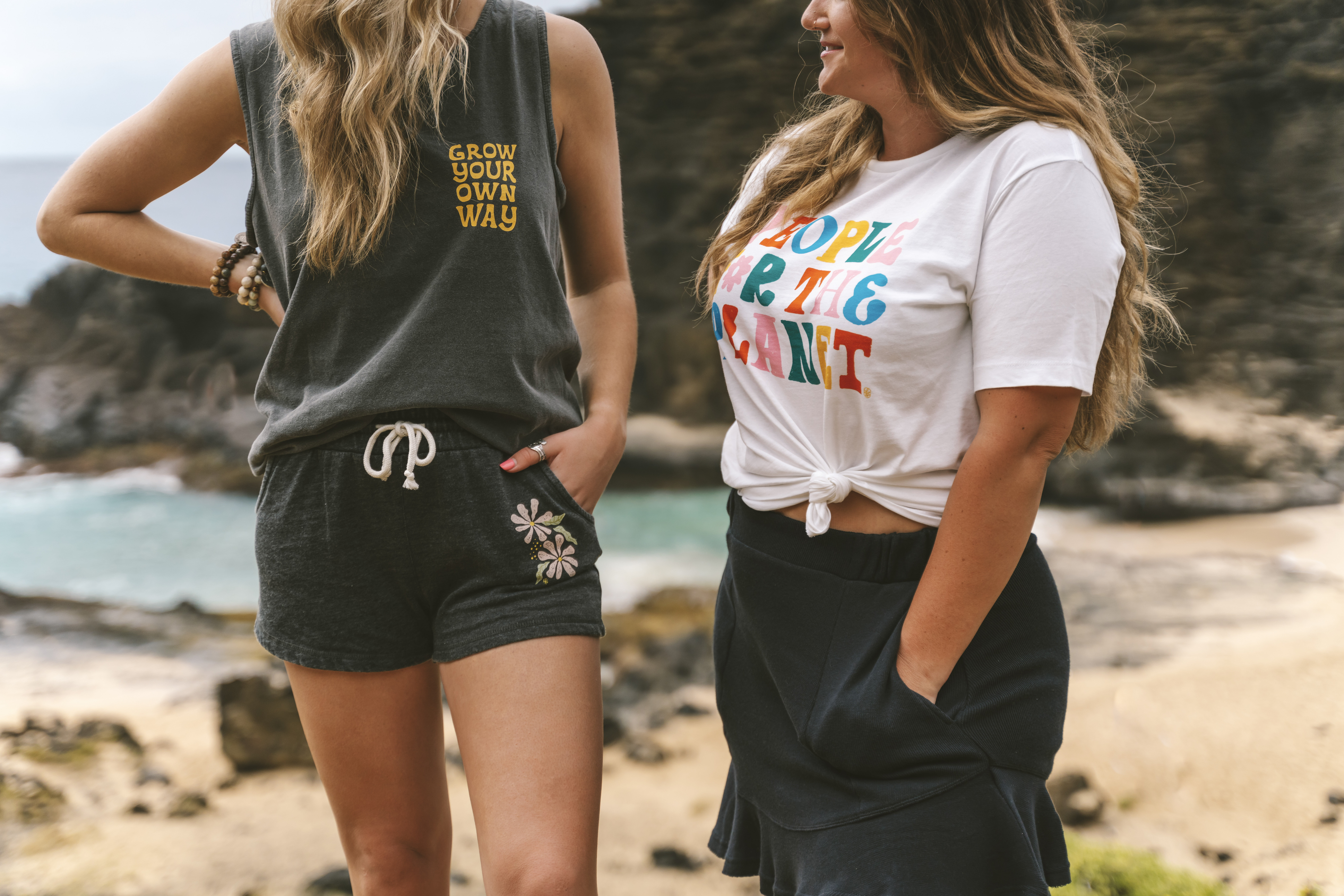
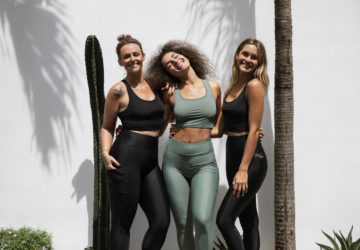
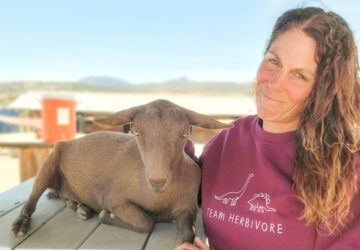



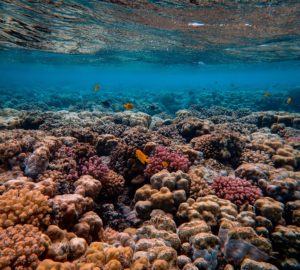
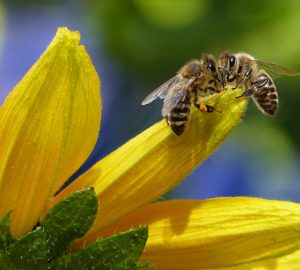
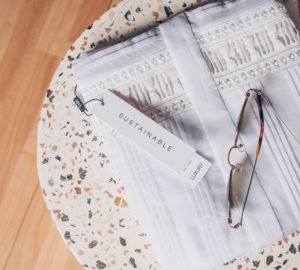
I like it when people come together and share opinions.
Great site, keep it up!